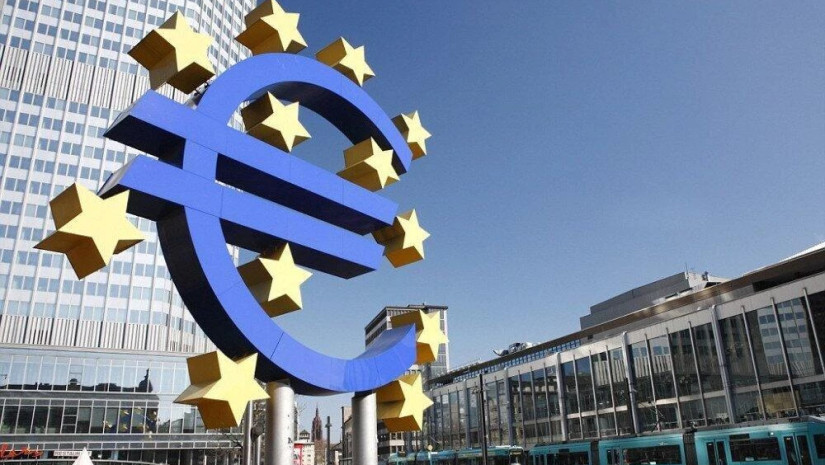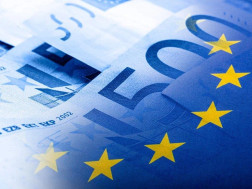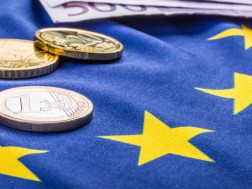The eurozone's annual inflation rate has dropped to 10% in November, the EU statistics agency said on Wednesday.
This is the first drop in inflation in 17 months.
Bloomberg and FactSet foresaw a more modest drop, or a 10.4% rate. Inflation had risen to 10.6% in October.
A decrease in the speed at which energy prices are rising was one of the main factors leading to an overall fall in inflation.
Spain now has the lowest inflation rate in the Eurozone at 6.6%. France, which previously had the lowest rate, is now seeing inflation of 7.1%.
On Tuesday, preliminary data from German federal statistics agency Destatis showed that inflation in the country had slowed to 10%.
ECB expected to keep fighting inflation
On Monday, European Central Bank (ECB) Christine Lagarde expressed skepticism that inflation has peaked, ahead of the expected drop.
Looking at the driving factors of the inflation wave "whether it is food and commodities at large, or whether it is energy, we do not see the components or the direction that would lead me to believe that we have reached peak inflation and that it is going to decline in short order," Lagarde told European lawmakers.
The ECB has moved to limit inflation by lifting key interest rates, with another hike expected in mid-December, though possibly not as steep as the previous ones.
ING bank economist Carsten Brzeski said on Tuesday that the data offered a "very small breather."
Earlier this month, the European Commission said that the eurozone is likely to fall into a recession this winter as inflation drags on for longer than expected.
Inflation is being driven by rising energy prices caused by Moscow cutting off natural gas supplies over Western support for Kyiv. It has also been affected by an increase in demand following the lifting of COVID-19 restrictions and supply bottlenecks, DW reports.
















